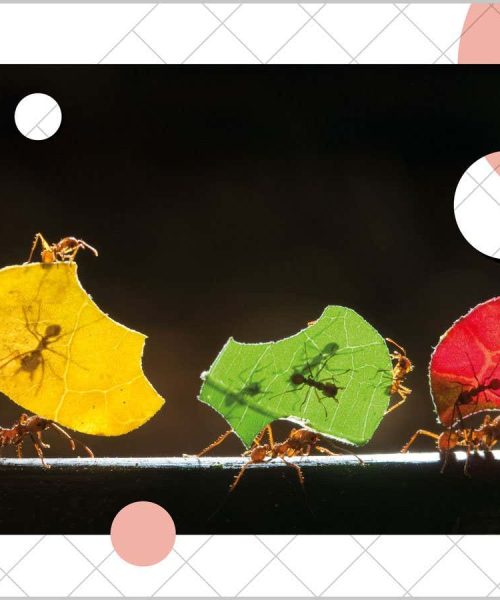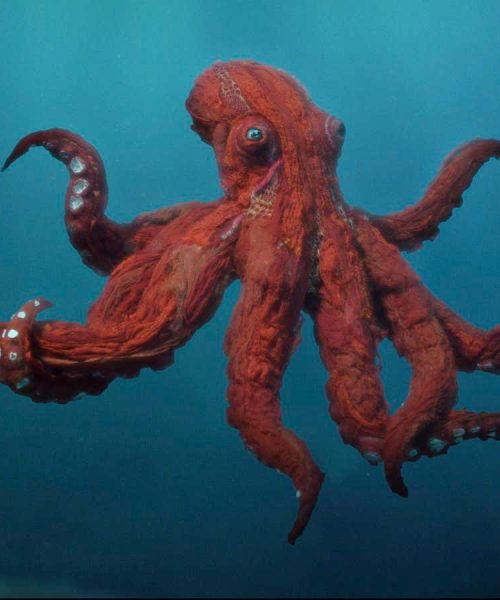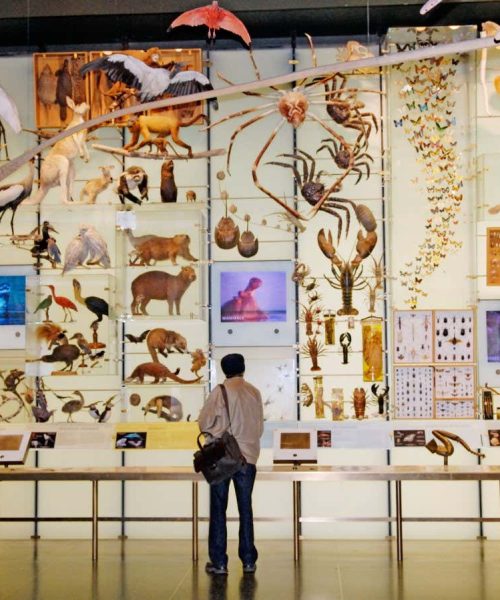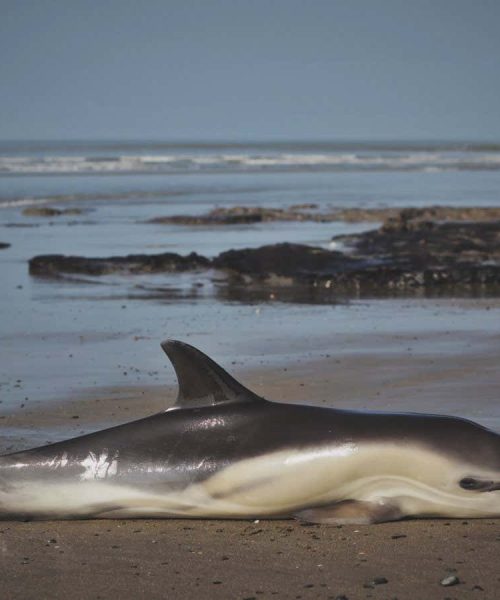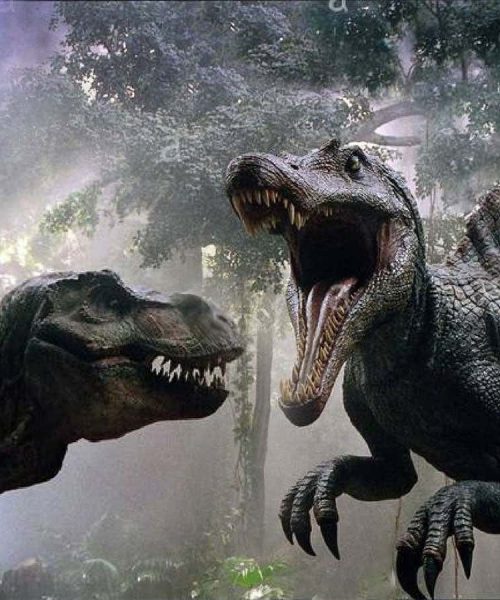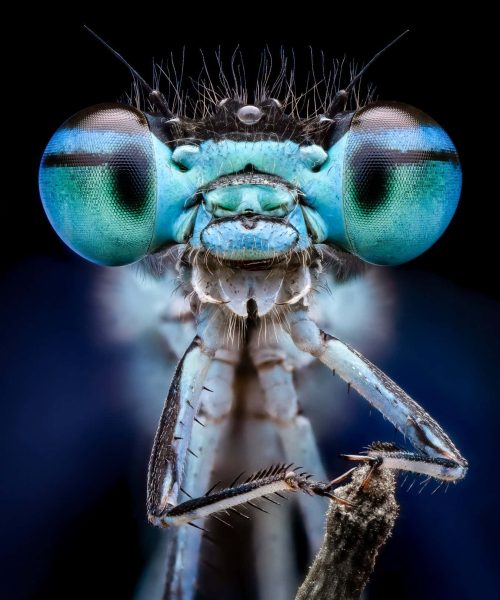
A flea toad perches on 1 Brazilian real (the coin has a diameter of 27 millimetres)
Renato Gaiga
A tiny Brazilian frog about the size of a pea may threaten the current record-holder for the world’s smallest vertebrate.
The flea toad Brachycephalus pulex, which is actually a frog species, was first described by scientists in 2011. Shortly after, Mirco Solé at the State University of Santa Cruz in Brazil wondered if the species could be the smallest amphibian yet discovered. But only a handful of specimens had been collected from the frogs’ only known habitat on two forested hilltops in southern Bahia, Brazil. And their gonads hadn’t been examined, which is necessary to confirm if they are adults.
Solé and his colleagues measured the body lengths of 46 flea toads, verifying the frogs’ maturity and sex by examining their gonads and checking for the presence of vocal slits in their throats, something only males have.
Advertisement
Adult B. pulex males average a touch over 7 millimetres long, slightly smaller than the females. This makes them smaller than the males of Paedophryne amauensis, a frog from Papua New Guinea that was, until now, considered both the smallest amphibian and smallest vertebrate.
“It’s absolutely clear,” says Mark Scherz at the Natural History Museum of Denmark in Copenhagen. “These really are potentially the smallest extant frogs in the world, which is astonishing.”
It isn’t just the average size that is shocking, but how small these flea toads can get compared with other mini frogs – illustrated by the smallest specimen in the study. “It’s 6.45 millimetres [long], which is 30 per cent smaller than any adult male frog I have ever seen,” says Scherz. “It’s almost one millimetre smaller than the next smallest frog.”
At such small scales, frogs develop strange anatomical quirks, such as losing toes or having such underdeveloped ears that they can’t hear their own suitors’ songs. Some species can hardly jump because their balance organs are so wee.
Yet there might even be smaller vertebrates still undiscovered, says Solé.
Topics:
